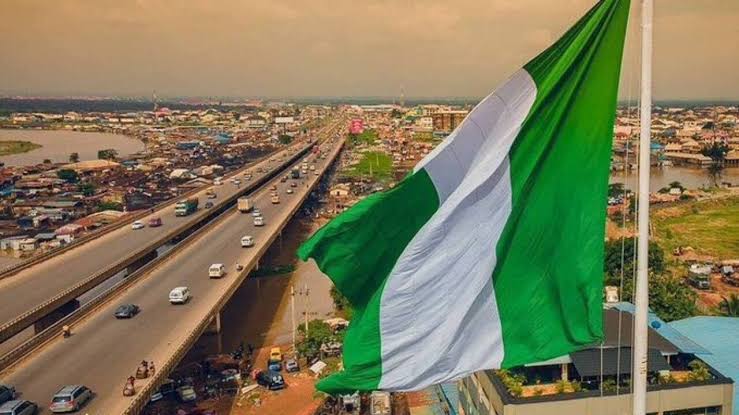
Nigeria, Africa’s most populous country, ranks 24th in digital development on the continent, according to a new report by Statisense. The report, released on Thursday, assessed countries based on their Information and Communication Technology (ICT) development index. Despite its large population, Nigeria trails behind smaller nations, with an ICT index score of 46.9.
North African Countries Lead Digital Development
Libya tops the list of digitally developed African nations with an ICT index score of 88.1, followed by Morocco (86.8) and Seychelles (84.7). Other leading countries include Mauritius (84.2), South Africa (83.6), and Algeria (80.9), indicating a strong presence of North African countries among the top performers. Meanwhile, Nigeria’s score places it behind neighboring Ghana, ranked 15th with a score of 66.2, and Kenya, ranked 18th with 58.5.
Internet Penetration and Growth Goals
As of March 2024, Nigeria’s internet penetration rate stood at approximately 43.53%, showing a gradual increase over time. The Nigerian Communications Commission aims to reach a 70% broadband penetration rate by 2025 as part of the National Broadband Plan, reflecting the country’s ongoing efforts to enhance digital infrastructure.
Challenges in Nigeria’s Digital Growth
Abiola Jimoh, co-founder of XChangeBOX, commented on Nigeria’s digital development challenges, citing the high cost of fiber optics implementation and reliance on imported components that require foreign currency. “While initial investments in mobile technology boosted data usage, Nigeria still lags in overall digital development,” Jimoh noted. He also pointed out that inconsistent policies and political instability deter potential investors in the technology sector.
Government Initiatives and Future Plans
In response to these challenges, the Minister of Communications, Innovation, and Digital Economy, Bosun Tijani, and the National Information Technology Development Agency are spearheading initiatives to drive Nigeria’s digital transformation. Plans are underway to deploy an additional 90,000 kilometers of fiber optic cables, increasing the country’s total to 125,000 km. This expansion aims to improve internet connectivity, make Nigeria’s fiber network the third-largest in Africa, and support GDP growth. The project will be managed through a special-purpose vehicle to ensure effective implementation.
Calls for Investment and Stable Policies
Jimoh emphasized that with the right investments, strategic focus, and a stable policy environment, Nigeria has the potential to significantly improve its standing in the ICT index and contribute to Africa’s digital transformation. Addressing these challenges is crucial for Nigeria to bridge the digital divide, enhance economic opportunities, and achieve its development goals.
While Nigeria was ranked high in readiness for digital transformation in a separate report by the International Telecommunications Union, scoring 71%, disparities in digital access and infrastructure highlight the need for ongoing improvement.